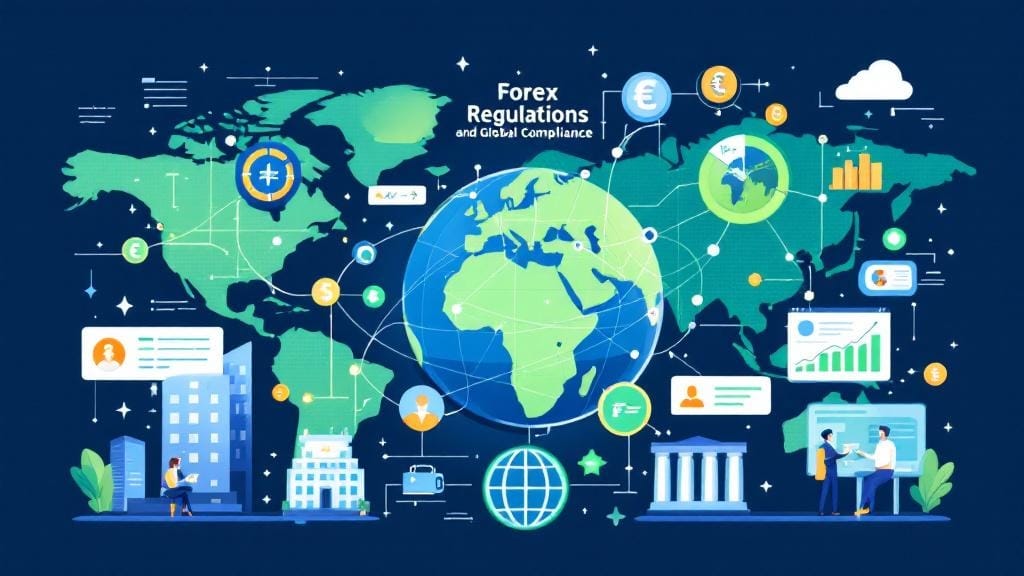Struggling with debt can feel overwhelming—but bankruptcy isn’t your only way out. In fact, many people don’t realize that bankruptcy alternatives can offer real, legal, and often less damaging paths to financial recovery.
In this guide, we’ll explore practical, effective, and affordable alternatives to filing bankruptcy, so you can find the best path forward—without the long-term financial scars bankruptcy often leaves behind.
Why Consider Bankruptcy Alternatives?
Before diving into the different debt relief alternatives, let’s take a moment to understand why skipping bankruptcy might be the smarter move.
💡 Real-Life Example:
Sarah, a single mom with $25,000 in unsecured credit card debt, was on the brink of filing for Chapter 7 bankruptcy. But after consulting with a credit counseling service, she enrolled in a debt management plan and paid off her debt in under 4 years—without the 10-year hit to her credit that bankruptcy would have caused.
The Downsides of Bankruptcy:
-
Long-lasting damage to your credit score
-
Difficulty qualifying for future loans or mortgages
-
Public record of your financial situation
-
Emotional and psychological toll
That’s why many people look for non-bankruptcy debt solutions that help them avoid bankruptcy legally—while still regaining control of their finances.
Top Bankruptcy Alternatives to Consider
Let’s explore the most effective alternatives to filing bankruptcy, so you can choose the one that fits your financial situation.
## 1. Debt Consolidation Alternatives
Debt consolidation involves combining multiple debts into one monthly payment, often with a lower interest rate. While many go through banks or personal loans, there are other debt consolidation alternatives as well.
Common Options:
-
Personal loans for debt consolidation
-
Balance transfer credit cards (for those with good credit)
-
Peer-to-peer lending platforms
-
Home equity loans (risky, but an option if you own property)
Pros:
-
Simplified payments
-
Potentially lower interest
-
Can improve your credit over time
Cons:
-
Requires decent credit to qualify
-
May extend repayment timeline
## 2. Credit Counseling Services
Credit counseling services are nonprofit agencies that help you understand your debt situation and offer personalized advice.
What They Do:
-
Offer budgeting and financial planning
-
Provide debt management plans (DMPs)
-
Negotiate lower interest rates or waived fees
🔍 These services are ideal for people who are overwhelmed but want to repay debt without drastic measures.
Pro Tip:
Choose an agency accredited by NFCC or FCAA for reliable, legal help.
## 3. Debt Settlement Options
Debt settlement is when you or a company negotiates with creditors to accept a lump-sum payment for less than what you owe.
Real-Life Example:
James had $30,000 in unsecured debt and couldn’t keep up with payments. After working with a settlement firm, he paid $15,000 over 18 months, and the remaining debt was forgiven. His credit score dropped—but not as sharply as bankruptcy would have caused.
Pros:
-
Potential to cut debt by 40-60%
-
Avoids court and legal filings
-
Quicker resolution (often within 2-4 years)
Cons:
-
Impacts credit score
-
Not all creditors may agree
-
You may owe taxes on forgiven debt
Debt settlement is best for those experiencing financial hardship solutions and who can offer a lump sum or structured payment over time.
## 4. Debt Repayment Plans Through Negotiation
Sometimes, you can negotiate directly with creditors for a debt repayment plan that works better for your budget.
How It Works:
-
Call your lenders directly
-
Explain your situation honestly
-
Ask for lower interest, waived fees, or smaller monthly payments
Benefits:
-
No third-party fees
-
Builds trust with creditors
-
Keeps accounts in better standing
This route requires persistence and communication but can lead to personalized unsecured debt help without involving formal programs.
## 5. Consumer Proposal vs Bankruptcy (Canada Option)
In Canada, a consumer proposal is a legally binding agreement between you and creditors to repay a portion of your debt.
Why It’s Better Than Bankruptcy:
-
Avoids asset seizure
-
Less damage to credit
-
Stops collection calls
Bankruptcy vs Debt Settlement:
| Feature | Bankruptcy | Debt Settlement |
|---|---|---|
| Credit Score Impact | Severe, lasts 7–10 yrs | Moderate, short-term |
| Legal Protection | Full legal protection | No court involvement |
| Cost | High (trustee fees) | Moderate (settlement fees) |
## 6. Financial Counseling and Budgeting
Often overlooked, financial counseling and strong budgeting skills are your foundation for long-term stability.
Benefits:
-
Understand income vs expenses
-
Spot areas to reduce spending
-
Build emergency savings
-
Create a sustainable debt pay-off strategy
Even if you’re drowning in debt, a solid financial plan can be your lifeline. You don’t always need formal relief—sometimes, a mindset shift and structured guidance make all the difference.
⚖️ How to Choose the Right Non-Bankruptcy Debt Solution
Every financial situation is unique. Here are a few factors to help you evaluate the best route:
✔️ Ask Yourself:
-
Can I afford monthly payments?
-
Do I have income stability?
-
How urgent is my debt situation?
-
How much damage to my credit can I tolerate?
Best for You If:
| Situation | Best Alternative |
|---|---|
| Stable income, high interest debt | Debt consolidation alternatives |
| Struggling to manage all bills | Credit counseling services |
| Behind on payments, large balances | Debt settlement options |
| In Canada, need legal protection | Consumer proposal vs bankruptcy |
| Need financial habit improvements | Financial counseling and budgeting |
✅ Pros and Cons of Bankruptcy Alternatives
Pros:
-
Less damage to credit
-
You maintain more control
-
Avoid court filings
-
Tailored solutions to your lifestyle
Cons:
-
May take longer to be debt-free
-
Creditors aren’t legally required to cooperate
-
You still need discipline and commitment
🌱 Rebuilding After Debt: What Comes Next?
No matter which route you choose, the goal is long-term financial wellness. Once you’re on the path to recovery:
Tips to Rebuild:
-
Monitor your credit score impact monthly
-
Open a secured credit card to re-establish credit
-
Stay on a strict budget
-
Build a small emergency fund
-
Avoid taking on new debt unnecessarily
📌 Conclusion: Bankruptcy Alternatives Are Real—and Often Better
Filing for bankruptcy is serious and should be a last resort. Thankfully, bankruptcy alternatives offer real hope for people stuck in debt. Whether you choose debt consolidation, credit counseling, or settlement options, taking the first step toward personal debt relief is the key.
You don’t have to go through this alone. Help is available. And with the right support, you can become debt-free—without filing for bankruptcy.
❓FAQs About Bankruptcy Alternatives
1. What are the best alternatives to filing bankruptcy?
The best options include debt consolidation, credit counseling, debt settlement, and negotiating payment plans directly with creditors. Each method works differently depending on your income, debt level, and credit score.
2. How does debt settlement impact my credit?
Debt settlement usually lowers your credit score initially because accounts are marked “settled.” However, it’s typically less damaging than bankruptcy and can be rebuilt within 1–2 years with responsible habits.
3. Can I legally avoid bankruptcy if I can’t pay my debts?
Yes. Many financial hardship solutions like credit counseling, debt management plans, or even informal payment arrangements can help you avoid bankruptcy legally.
4. What’s the difference between a consumer proposal and bankruptcy?
A consumer proposal allows you to pay a portion of your debt without giving up assets. Bankruptcy may wipe out debt entirely but often involves asset liquidation and long-term credit damage.
5. Will credit counseling affect my credit?
Enrolling in a debt management plan through credit counseling may show on your report but is less damaging than missed payments or bankruptcy. Over time, it can actually help improve your credit.
6. Is debt consolidation the same as debt settlement?
No. Debt consolidation combines debts into one loan (you still repay the full amount), while settlement involves negotiating to pay less than what you owe.
7. How long does it take to recover from debt without bankruptcy?
Depending on the method, most people recover financially in 2–5 years. The key is consistency, budgeting, and staying committed to your plan.








Comments (0)